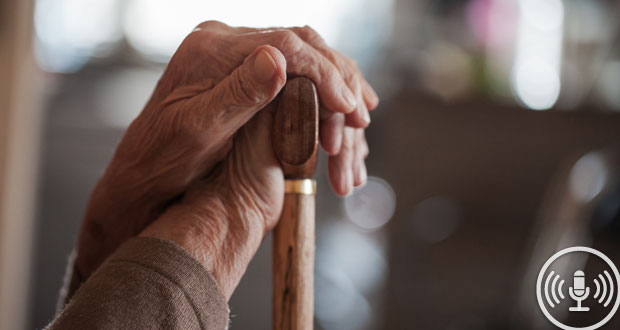One of the greatest concerns Australians living with HIV have for the future surrounds the availability of ongoing assistance.
This was a key finding from research by RDNS’s Melbourne-based HIV team, which supports 220 clients.
The findings, published in the Journal of the Association of Nurses in AIDS Care, will inform training programs conducted by the HIV team for RSL Care, RDNS employees and external organisations.
The survey was completed by 86 clients, of whom about 57 per cent were aged 41–60 and 25 per cent were over 61. Respondents diagnosed before 1996 were more likely to be “very concerned” about being forced to leave their home or having to go into residential aged care.
One respondent said: “My youth is gone. I worry about companionship and being with people and services who are non-judgemental as I age.”
HIV team leader and lead researcher Dr Liz Crock said the study underscored the importance of holistic, expert community nursing services, encompassing psycho-social support, health promotion, clinical care and end-of-life support. “Such services can play an important role in protecting and improving the quality of life of long-term HIV survivors, and in engaging and retaining people belonging to marginalised groups in HIV clinical care and support," Crock said.
Nursing Review sat down with RDNS HIV team member and clinical nurse consultant Nalla Burk to learn more about caring for someone living with HIV and the fears they have for the future.
For more information about HIV education, contact Nalla Burk using the email: [email protected]
Do you have an idea for a story?Email [email protected]
 Aged Care Insite Australia's number one aged care news source
Aged Care Insite Australia's number one aged care news source

